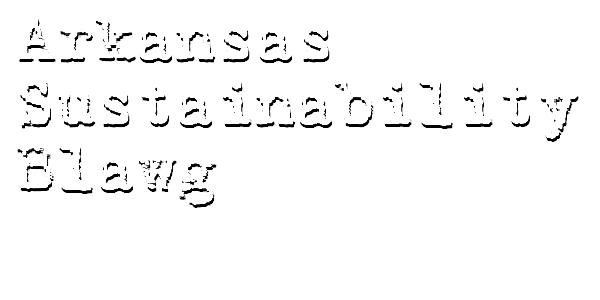In October 2010, energy efficiency consultant Henry Gifford filed a salacious and potentially ground-breaking lawsuit challenging the U.S. Green Building Council’s LEED certification system. Gifford made a number of interesting (and, as it turns out, legally insignificant) claims against the USGBC, but the essence of Gifford’s complaint was this: he contended that the USGBC promoted LEED as resulting in more energy efficient buildings; that, as a result, consumers favored LEED-accredited professionals over non-LEED accredited professionals; that the USGBC’s claims connecting LEED certification with increased energy efficiency were, in fact, untrue; and, as a result, energy efficiency consultants like Gifford who refused to “drink the Kool Aid” were being damaged and driven out of business.
Well, gadfly Gifford has been vanquished. In a nine-page opinion issued on August 15, 2011, the federal district court for the southern district of New York dismissed Gifford’s complaint in its entirety.
Given the aura of anticipation that surrounded this case and the occasional venom that pierced through the cold hard paper record (yes, the USGBC really did refer to Gifford as a “gadfly” in one of its filings), not to mention the fact that Gifford is one of those people who seems to have the uncanny ability to provoke strong feelings, even from those who do not know him, I suspect many will find the opinion both surprisingly bland and generally unintelligible.
So here, in a nutshell, is why Gifford’s complaint failed:
As I’ve discussed in previous posts, a basic concept of any lawsuit is the idea of “standing.” This means, quite literally, that the person or entity bringing the suit is the right person or entity to bring the suit. Generally, a plaintiff must identify two basic things: first, that he or she has suffered an injury that is discrete, real, and compensable by the payment of money; and, second, that there is a legally relevant connection between that injury and something that the defendant allegedly did.
Gifford brought his claims under the federal Lanham Act, which generally prohibits the false representation of goods or services in interstate commerce. The Gifford court recognized two ways of showing standing for a Lanham Act claim: either the plaintiff and the defendant are competitors, or the plaintiffs must allege a “reasonable commercial interest” that is likely to be damaged by the defendant’s alleged false statements.
Gifford failed to clear the basic hurdle of standing. Gifford and the USGBC are not competitors. The court found that the USGBC, through the LEED certification system, provides third-party verification that structures have been designed and built in a way that should make them more energy efficient. Gifford, in contrast, held himself out as an energy efficient building expert. Since the USGBC expressly disclaimed any energy efficiency expertise, and the since Gifford did not content he was in the certification business, the federal court found that they were not competitors.
Likewise, “Because there is no requirement that a builder hire LEED-accredited professionals at any level, let alone every level, to attain LEED certification it is not plausible that each customer who opts for LEED certification is a customer lost to Plaintiffs.” In other words, the fact that a building owner might aspire to LEED-certification does not mean that Gifford cannot work on the project.
I do not know Henry Gifford, or any of the other plaintiffs in the Gifford v. USGBC suit, and I have no desire to pass judgment on him or them. Gifford may have valid, meritorious complaints about the LEED system. Just as LEED seems to be creating jobs in some areas, it may well be the cause of the demise of others. And it seems likely that some consumers will indeed feel that through LEED the USGBC has promised exactly that which Gifford says LEED does not and cannot deliver: a building that is more energy efficient than one that is not LEED-certified. Indeed, the most recent appropriations bill for the U.S. Department of Defense charged the DOD with studying this very point.
The simple fact is that Gifford alleged that the USGBC was a major player in the sustainasphere, and that he believed that was having an adverse affect on him and people like him. But what Gifford could not allege is that the USGBC was actually doing something – anything – wrong. And a fancy way of saying that is, “case dismissed for lack of standing.”

No comments:
Post a Comment
I welcome your comments. By commenting on this blog, you accept the blog's terms of use. You must use your first and last name when posting, and you must stay on topic.